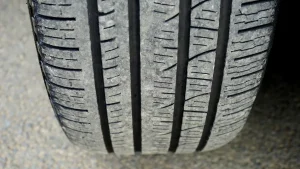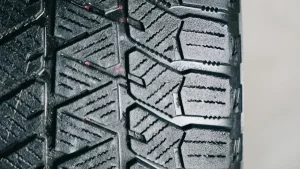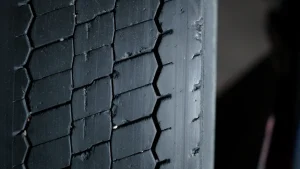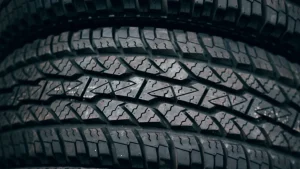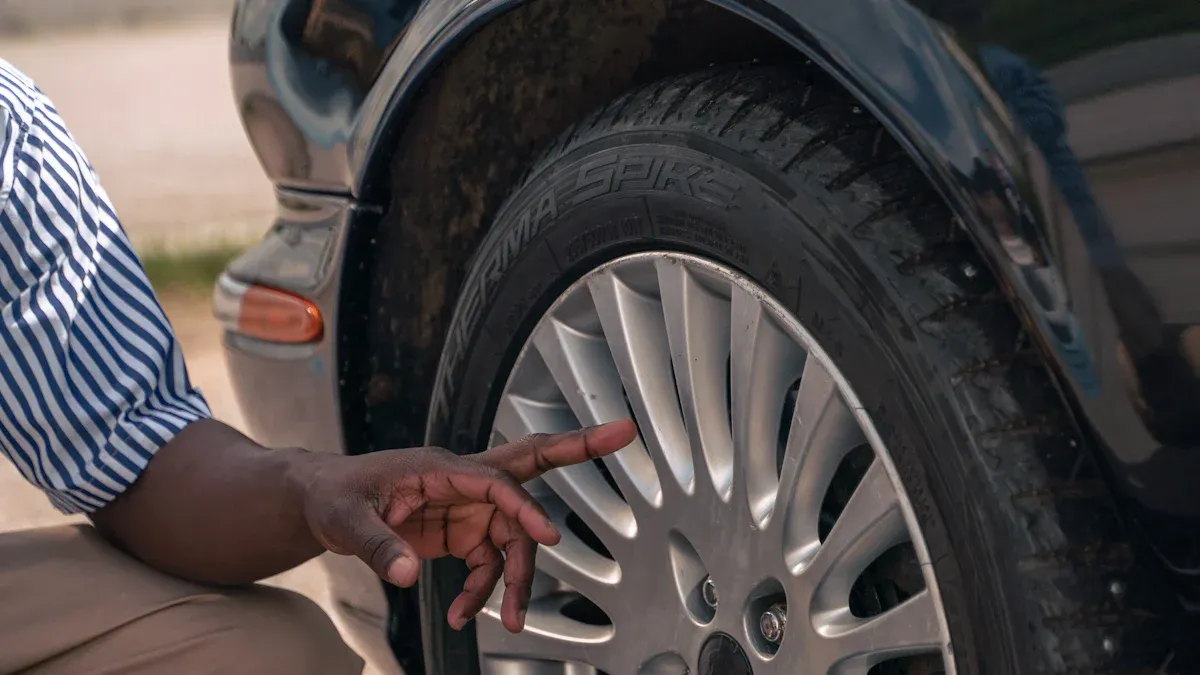
Regularly having your fleet tires checked is very important. You should check the pressure every day. Also, do detailed inspections each month. These actions make driving safer and save money. Keeping your fleet tires in good shape helps avoid accidents. It also makes your tires last longer.
Pontos-chave
Check fleet tires every day to find problems early. This helps prevent accidents and makes tires last longer.
Do a full inspection every month for a close look at tire health. This keeps everyone safe and helps performance.
Keeping the right tire pressure can boost fuel efficiency by 1-2%. This saves money and improves how the vehicle runs.
Tire Pressure Management

Keeping the right tire pressure is very important for your fleet’s safety and efficiency. You need to check tire pressure often to keep everything working well.
Daily Checks
You have to check your fleet tires every day. This helps you find problems before they get worse. Here are the steps for daily tire pressure checks:
Check if the tire is properly inflated. If a tire is 20 percent below the recommended psi, look for damage and fix or replace it before using the vehicle.
Look at the tires for any damage or problems. Check for wear, bulges, cracks, cuts, or anything stuck in the tire.
Make sure valve caps are on and tight.
Meça a profundidade da banda de rodagem to see how much it has worn down.
Check the wheel for rust, dents, and any changes.
Look at the vehicle’s suspension for any issues.
By doing these steps, you can avoid accidents and make your tires last longer.
Verificações Semanais
Besides daily checks, you should also do weekly tire pressure checks. This is especially important if your vehicles run for many hours each day. Fleet operators often find that daily pre-trip checks are key for tire health. Here are some important points about weekly checks:
Proper inflation is vital for good treadwear and tire strength.
Always check tire pressures when the tires are cold, before the vehicle starts its trip.
Weekly checks help you find problems that daily checks might miss, keeping your fleet safe and efficient.
Keeping the right tire pressure not only makes things safer but also helps save fuel. The table below shows how tire pressure affects fuel efficiency:
Impact of Tire Pressure on Fuel Efficiency | Descrição |
|---|---|
Reduced Rolling Resistance | Properly inflated tires lower the friction with the road, improving fuel efficiency. |
Increased Fuel Consumption | Tires that are not inflated enough increase rolling resistance, making the engine use more fuel. |
Engine Strain | Low tire pressure makes the engine work harder, causing more wear and tear. |
Economia de Custos | Keeping the right tire pressure leads to lower costs because of better fuel efficiency and longer tire life. |
By managing tire pressure well, you can keep your fleet safe and save on fuel costs.
Consequences of Neglecting Fleet Tires Checked

Not checking your fleet tires can cause big safety problems and higher costs. Knowing these issues is very important for keeping your fleet safe and running well.
Safety Risks
When you skip tire maintenance, your fleet faces many safety dangers. Here are some common risks from not checking tires:
Increased Risk of Blowouts: Tires that are not checked often can have problems that lead to blowouts. A blowout can make you lose control of the vehicle, causing accidents.
Poor Vehicle Handling: Tires that are too full or not full enough can change how your vehicle drives. This can make it hard to steer and stop, raising the chance of crashes.
Reduced Grip and Stopping Distance: Worn tires do not grip the road well. This can make stopping take longer, making it harder to avoid accidents. In fact, tire issues were found in 35% of vehicle crashes, showing how important regular tire checks are.
Checking tires regularly can help you avoid these dangers and keep your fleet safe on the road.
Increased Costs
Ignoring tire health not only puts lives at risk but also leads to big money problems. Here are some ways bad tire care can hurt your finances:
Higher Insurance Premiums: Insurance companies often raise rates for fleets with maintenance problems. If you don’t check your tires often, insurers may see your fleet as a bigger risk, leading to higher costs.
Potential Claim Denials: If a tire blowout from your truck causes an accident, your company could face legal issues. Not taking care of tires can lead to expensive problems, including claim denials from your insurance.
Increased Repair Expenses: Tires that are not cared for well are more likely to break down. This can cause accidents and higher insurance claims, which raises your costs even more.
By sticking to a regular schedule for checking fleet tires, you can avoid these money problems and help your fleet last longer.
Best Practices for Checking Fleet Tires
Daily Pre-Trip Inspections
Daily pre-trip inspections are very important for keeping fleet tires in good shape. You should follow these best practices to stay safe and keep your vehicles working well:
Best Practice | Descrição |
|---|---|
Inflagem Adequada | Check the air pressure according to the manufacturer’s guidelines. |
Inspeções Visuais | Look for cuts, bulges, or too much wear that can be dangerous. |
Make sure the tread depth meets legal limits (4/32” for steer tires, 2/32” for drive tires). | |
Even Wear | Check that all tires wear evenly to avoid problems. |
Valve Stems and Lug Nuts | Look for leaks in valve stems and make sure lug nuts are tight to stop wheels from coming off. |
By following these steps, you can find problems early. Gary Schroeder says that keeping the right air pressure is key for safety and tire life. Ron Greenleaf mentions that checking tire pressure daily can stop uneven wear and damage, helping save money and keep vehicles running.
Monthly Thorough Inspections
Monthly thorough inspections give you a closer look at your fleet tires. During these checks, you should:
Look for any signs of damage or wear since the last inspection.
Rotate tires based on how they wear to help them last longer.
Check alignment and balance for the best performance.
Consider seasonal changes that might affect tire performance, like temperature shifts and road conditions.
In cold weather, using winter tires helps with grip on snow and ice. Hot weather means you need to check tire pressure more often, as heat can raise it. Regular inspections help your fleet run smoothly, keeping your vehicles safe and dependable.
Checking tires regularly is very important for your fleet’s safety and efficiency. Daily checks help you find problems early. Monthly checks make sure everything is looked at closely.
Taking care of tires can lead to a 1-2% increase in fuel efficiency.
Well-maintained tires improve how vehicles perform and lower accident risks.
By being proactive, you can save money and keep your fleet running well. Make tire maintenance a priority for a safer and more efficient operation! 🚛✨
Perguntas Frequentes
How often should I check my fleet tires?
You need to check your fleet tires every day for pressure. Also, do detailed inspections every month.
What are the signs of tire wear?
Watch for uneven tread wear, cracks, bulges, or low tread depth. These show that your tires need care.
Why is tire pressure important?
Keeping the right tire pressure is key for safety. It also helps save fuel and makes tires last longer. Regular checks help keep these things in good shape.
Veja Também
A Importância de Monitorizar a Profundidade do Piso dos Pneus para Segurança
Utilização de um Medidor de Profundidade do Piso dos Pneus para Medições Precisas
Compreender Detectores de Profundidade de Banda de Rodagem de Pneus Inteligentes e a Sua Função

